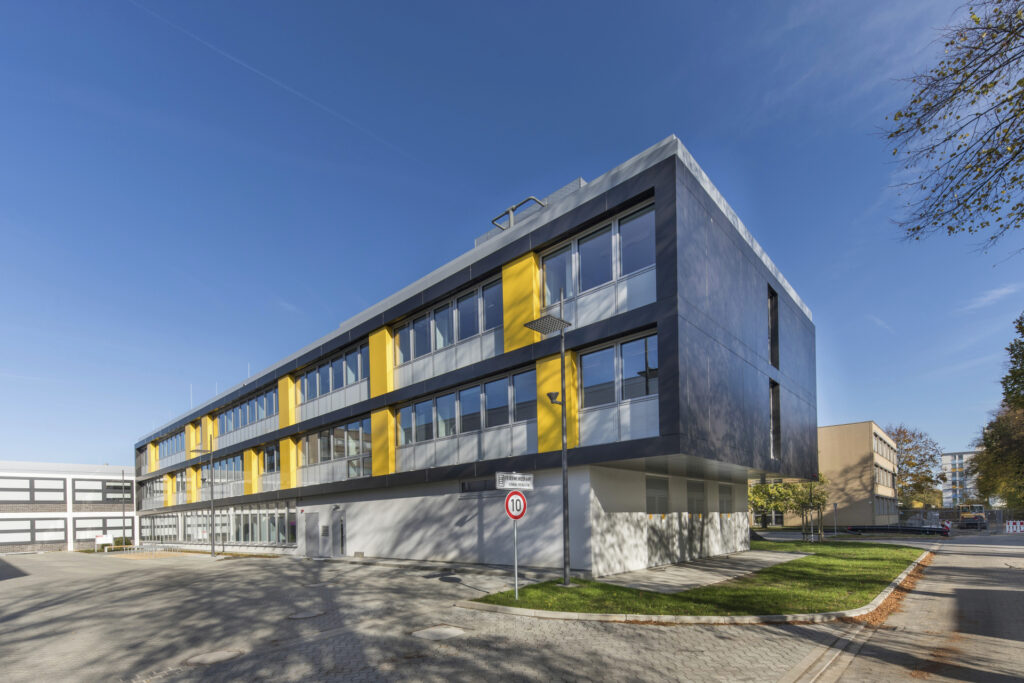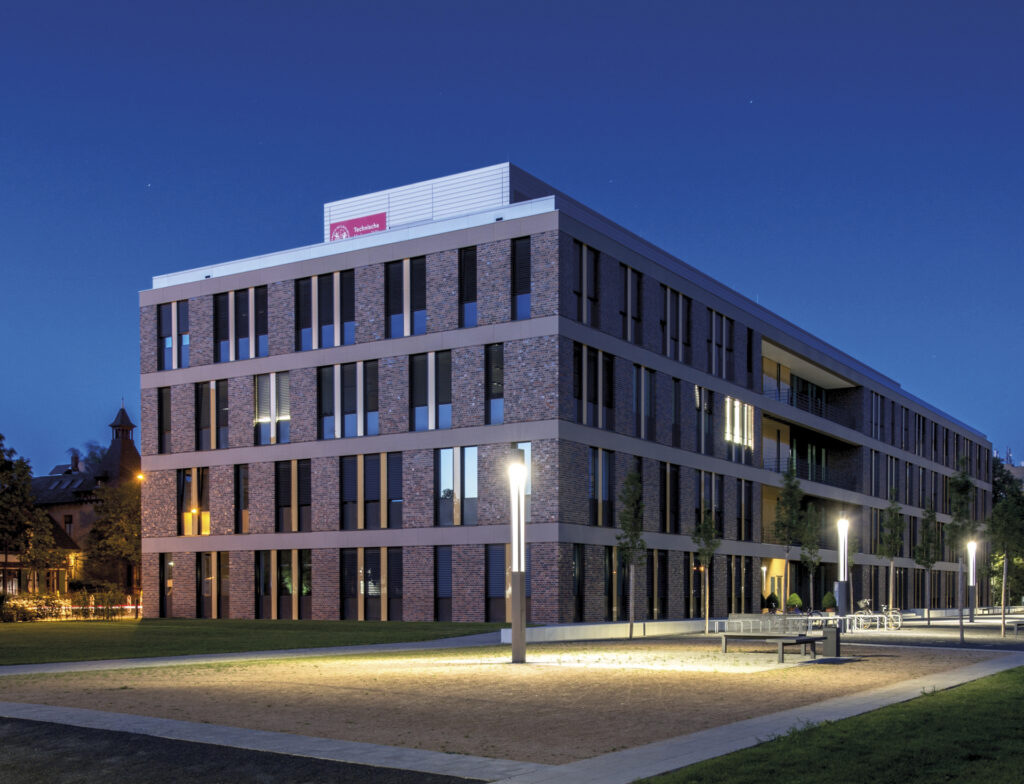The interdisciplinary Bachelor's programme Bioelectronics Engineering will prepare you for the growing importance of bioelectronics in research, development and industry. This programme, which is unique in Germany, combines the core competencies of life sciences, engineering and microelectronics. You will benefit from a modern education that combines theory and practice and offers you an innovative qualification profile.


Acquire interdisciplinary expertise
Combines engineering knowledge with life science principles. You will learn to analyse and solve complex problems at the interface of life sciences and microelectronics.
Practical and future-orientated
You will apply your knowledge directly through extensive practical training in cell biology, biochemistry, microbiology, chemistry and BEE integration. You will develop bioelectronic systems and simulate and analyse their function. At the same time, you will learn to design experiments independently and analyse them statistically.
Take off internationally
An integrated English module prepares you to work in international teams - in both research and business. You can also spend a semester abroad during your degree, especially in your 5th and 6th semesters.
After completing the bachelor degree programme, you can:
The degree programme covers a wide range of topics: